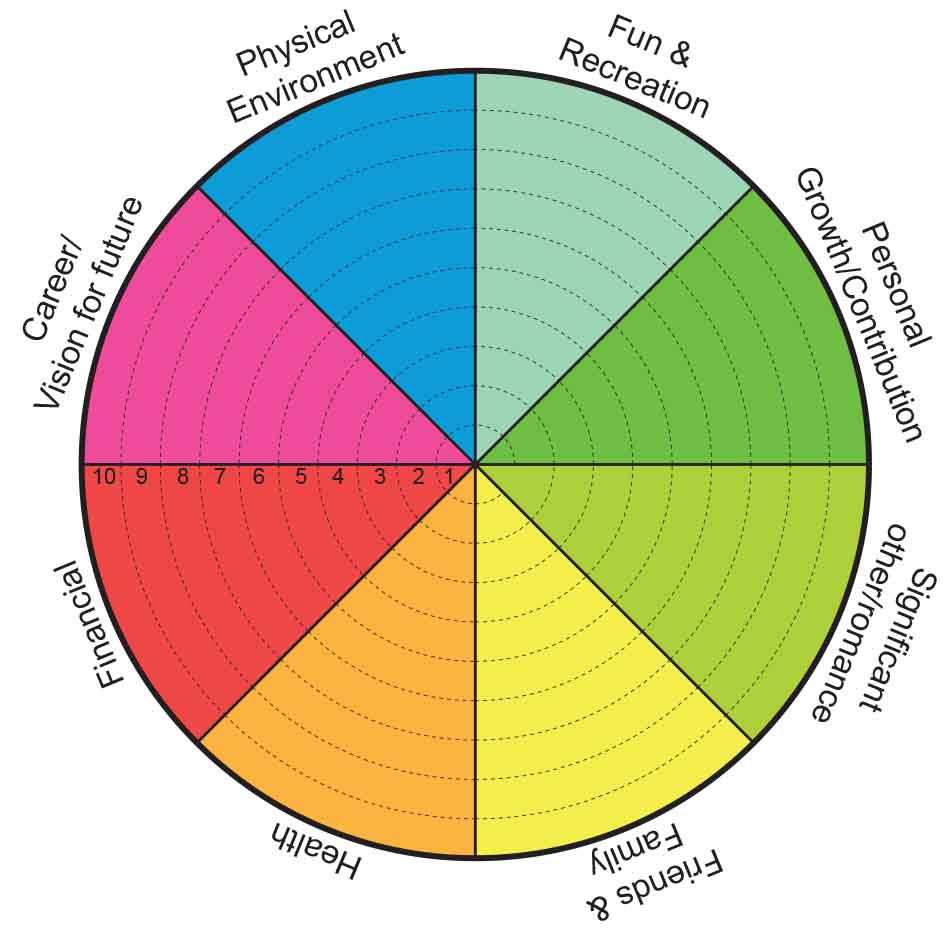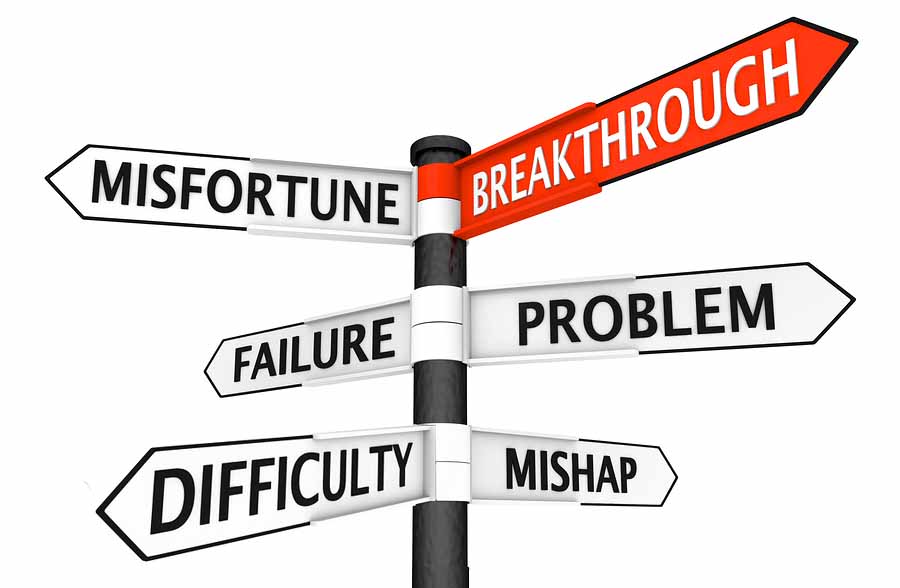
What is it that high achievers DO to get ahead in life?
Do you…
▪ take control and make sure everything goes exactly how you know it needs to?
▪ play the hard ass to get people in line?
▪ know how to make everyone like you?
▪ swoop in at the very last minute and fix everything?
▪ question everything and leave no stone unturned?
▪ act agreeable and be the ultimate team player?
▪ pride yourself in being organised and disciplined to get things done?
▪ look for opportunities to debate, and win every time?
Think about it for a second and consider this, that part you admire in yourself that keeps you “winning” is exactly what’s defining what is possible and impossible for you. It’s exactly this thing that keeps you from taking your business, your career of you personal life to the next level.
For the sake of this conversation, let’s call this thing your “winning strategy”.
WHAT’S YOUR WINNING STRATEGY?
You’re the type of person everyone likes.
There’s a lot you can accomplish with this way of being: you’re totally on board with the team player stuff, you probably get great reviews, and you’re consistently considered for projects. Good stuff.
However, as long as you continue to rely on people pleasing as a way of succeeding, you’ll never become the CEO you wildly dream of being. If how you get ahead is getting everyone to like you then making the hard calls, taking risks that compromise other’s feelings, and calling shots that concern others are out of your realm of comfort and experience. Those actions will be out of reach as long as you choose people pleasing to get ahead.
You’re that detail-oriented control freak.
It’s caused you to earn a crazy amount of respect and create a successful work persona that you’re proud to have. You always expect the promotions and others look to you for expertise. BUT, the impossible for you is to move into executive level management where strategy and vision are focused on, not the nitty gritty. To be considered for that type of leap would require an uncomfortable step back from the control you wield on a daily basis. You’d have to move away from your successful way of being and begin to do the opposite of what’s familiar: strategise and delegate.
You’re the tireless leader.
You work very hard and achieve great things. You’re the executive type that excels at taking risks. Your impossible is probably having a harmonious balance between family, work, and play. To continue succeeding in your career, you believe you need that unapologetic, all-or-nothing focus that got you here. But it’s this way of being that makes balance impossible. So as long as you choose it, you’ll never achieve an easy flow between family, play and work.
You’re an entrepreneur
You are a person who sets up a business or businesses, taking on financial risks in the hope of success and profit. You identify the business as your possession and thus get a huge amount of self-worth from its success. The drawback is that you inadvertently put a ceiling on how big the business can grow and end up working long hours. Your reluctance to share the business means you will never employ or enter in to partnership with one who threatens your position.
Continually relying on your winning strategy keeps the impossible exactly that… impossible.
TELL ME SOMETHING I DON’T KNOW
This might seem obvious but I share this because I have countless conversations about the things that hold people back. Most people believe it’s a thing, or person, or circumstance that keeps them from breaking through to the next level of greatness or happiness.
“If only I had more support from my spouse.”
“If only I had more money to invest.”
“If only I had more time.”
While addressing these things could help, it won’t SOLVE the underlying issue.
YOUR WINNING STRATEGY PRODUCES THE POSSIBLE ONLY
The possible is deemed possible because of your winning strategy. But as there is a realm of possible, there’s the realm of impossible. Continuing to deploy your winning strategy to succeed further defines and strengthens the boundary of the impossible. So as long as you continue to rely on your winning strategy to succeed, you’ll never break through.
What now?
Most of the challenge is recognising that your “best” ability could be keeping you from realising your biggest desires. So look within, question that coveted part of you and ask what the impact of constantly relying on your winning strategy really is. When you find yourself playing it out believing it’s getting you ahead, see if you can determine the cost.
I’ll admit, I’m engrossed with concern for people’s feelings. My unspoken mission in life is to make sure everyone feels fulfilled. While this “best trait” keeps me moving forward, it takes a toll on my bigger vision. To break through I have to step away from a fear-based focus on everyone else and stand for something larger. It’s uncomfortable. It’s unfamiliar. But I know it’s very possible with willingness and practice.
I’d like you to tell me what your winning strategy is. Do you rely on your best trait to get you ahead? How might it be keeping your impossible from becoming a reality? If this article has you re-thinking your relationship to your winning strategy and you’d like to further the conversation, feel free to reach out anytime.
David
Note: This article was inspired by the book: The Last Word on Power, by Tracy Goss.




































